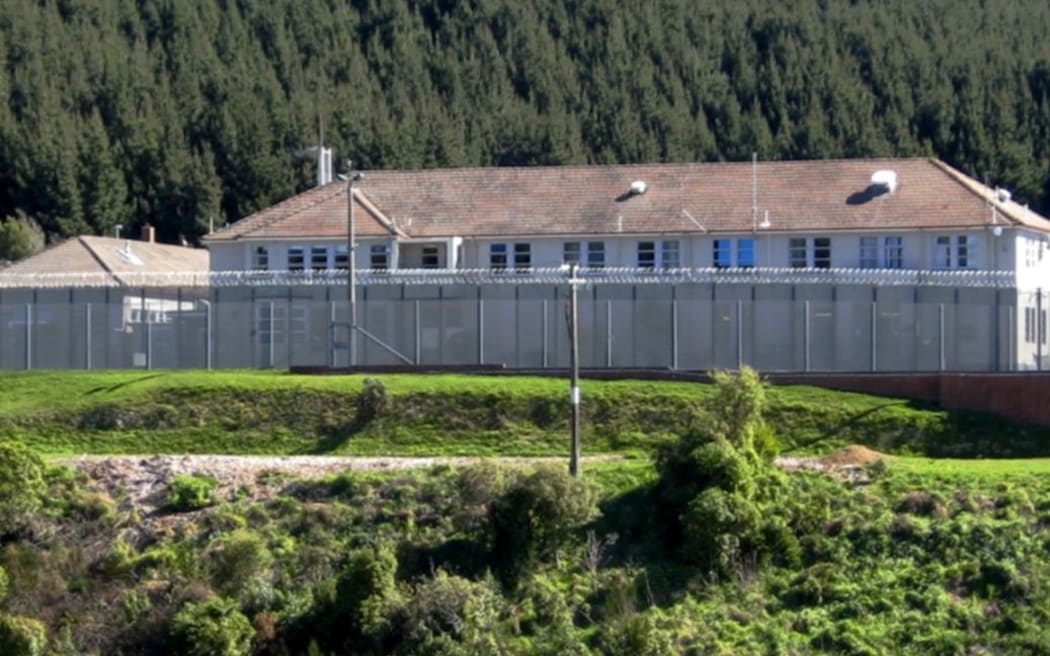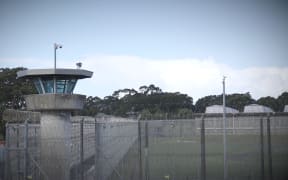
A judicial review has found that the transfer of inmates from Arohata Women's Prison last year was unlawful because Corrections did not consider their individual circumstances. Photo: Wikimedia Commons
A lawyer for inmates wrongfully transferred from Wellington's Arohata Women's Prison last year is calling for them to be sent back in the wake of a damning High Court judgment.
Dozens of inmates were transferred to Christchurch and Auckland - away from their whānau, communities, and drug and alcohol treatment programmes - when the prison was effectively closed to sentenced inmates to ease a staffing shortfall of about 1000 Corrections officers.
But the High Court judgement found that Corrections' actions broke the law and discriminated against women.
Amanda Hill, who represented eight of the women at the judicial review, told Morning Report the court had found the women's individual circumstances were not taken into account by Corrections as required ahead of the "wholesale transfer of sentenced women out of Arohata".
The impact of the transfers on the women she represented had been "enormous", she said.
"They haven't seen their kids for some of them up to two years; they have been negatively impacted in terms of their preparation for release, they've not been able to get housing because they're not in the Wellington region."
The women's ability to have contact with their elderly parents had also been impacted and several of them had been turned down for parole because they hadn't been able to complete programmes in time, Hill said.
"So it's had a real disadvantage to these women but there's also been a disadvantage to their kids who haven't seen their mum for a really long time."
While their families could "in theory" visit the women in the prisons they were moved to in other regions, "in practice, the families couldn't afford to go", Hill said.
As a result of Arohata closing to sentenced women, the drug-treatment unit was also closed.
"That was the only drug treatment unit available to women in New Zealand," she said.
"So for a nine-month period, that really specialist, really highly rated programme wasn't available to women prisoners at all."
Hill said the judge had found that Corrections did not put forward a lot of evidence around how the staffing problems at the prison had come about, which was "one of the reasons the discrimination couldn't be justified".
It was unclear at this stage how Corrections would respond to the judgement, she said.
"I guess my question to Corrections is: 'are you going to allow a position where women are suffering discrimination to continue?'"
Corrections' National Commissioner Leigh Marsh said it would take time to consider the judgement.





